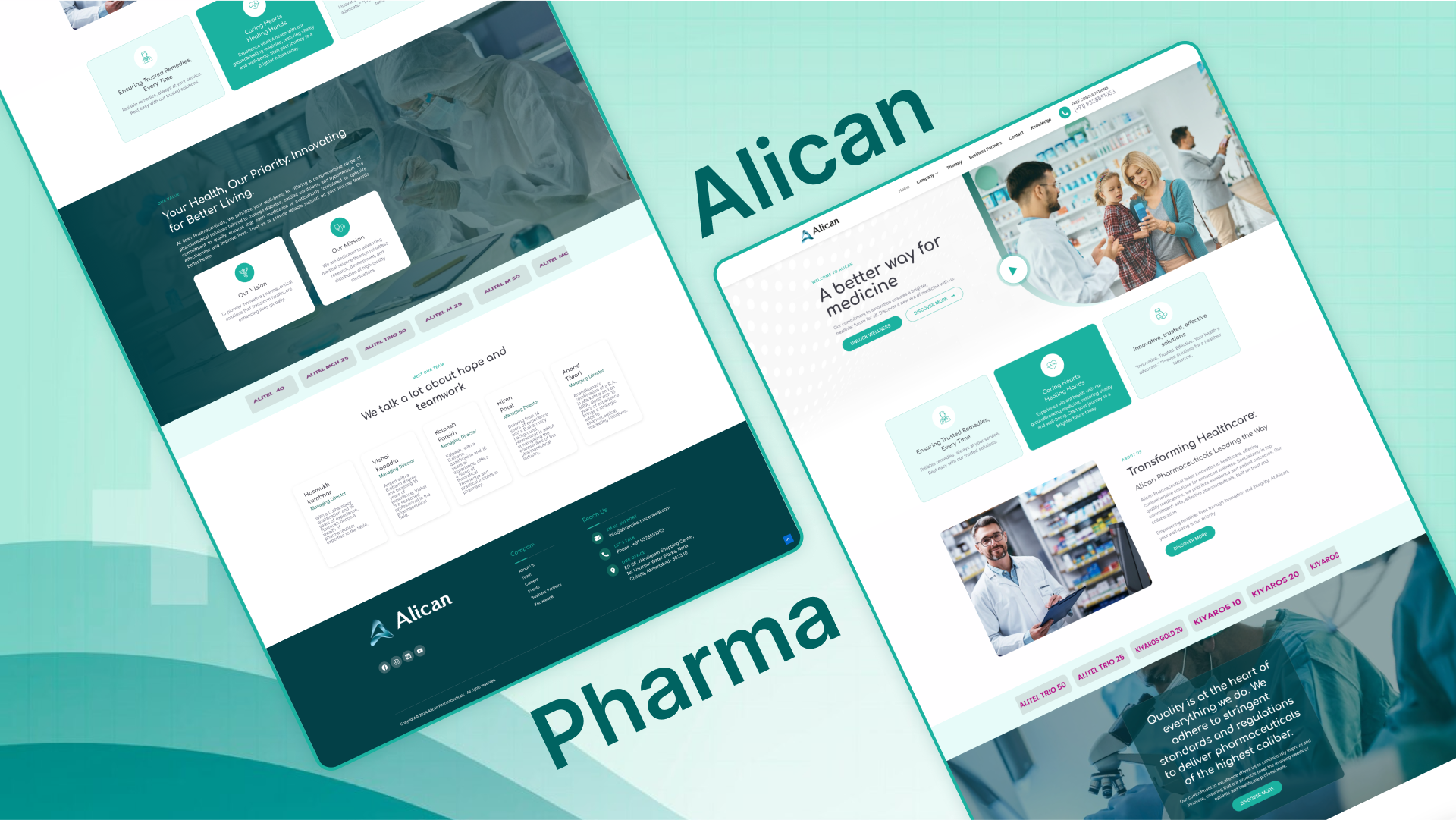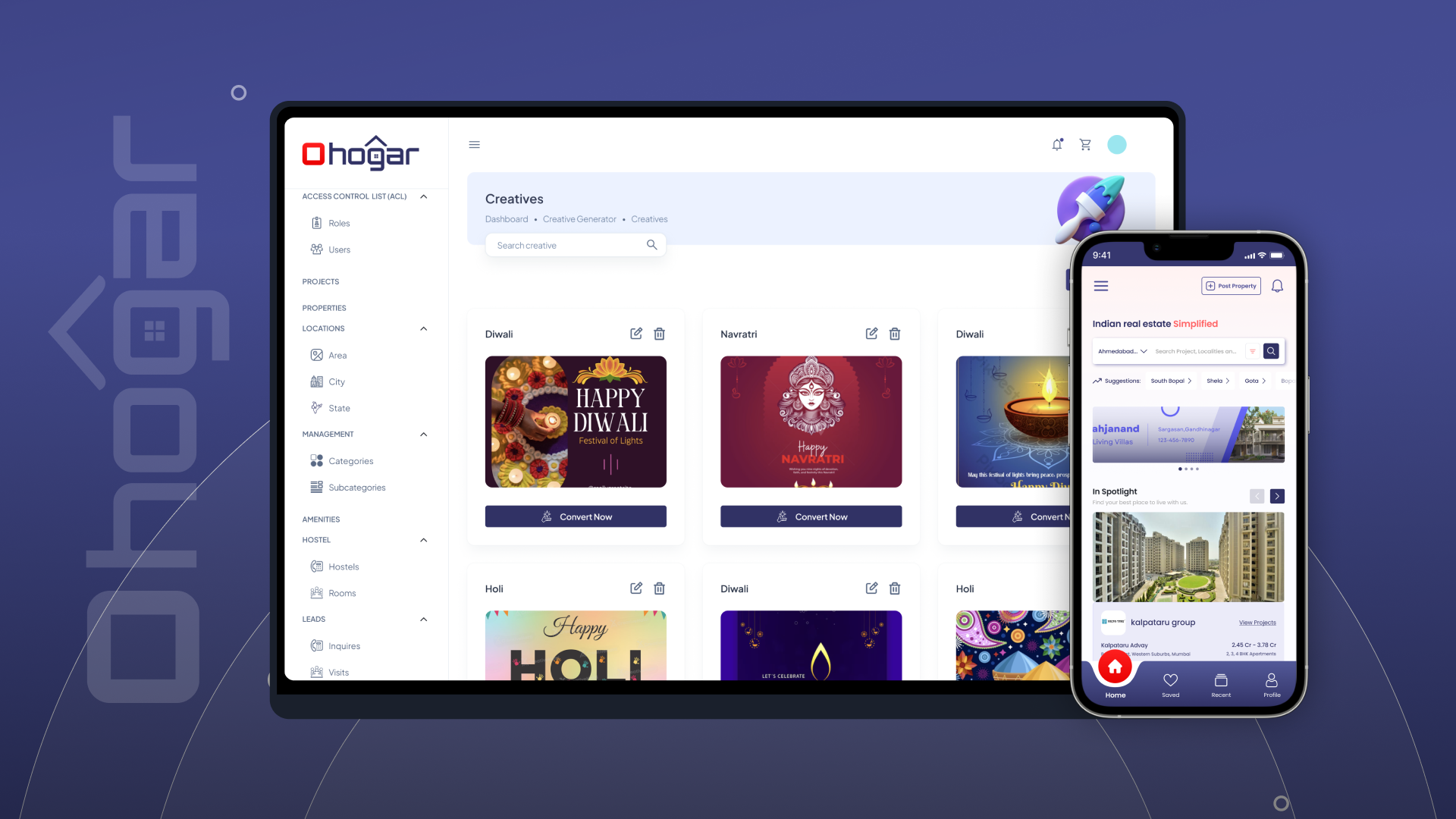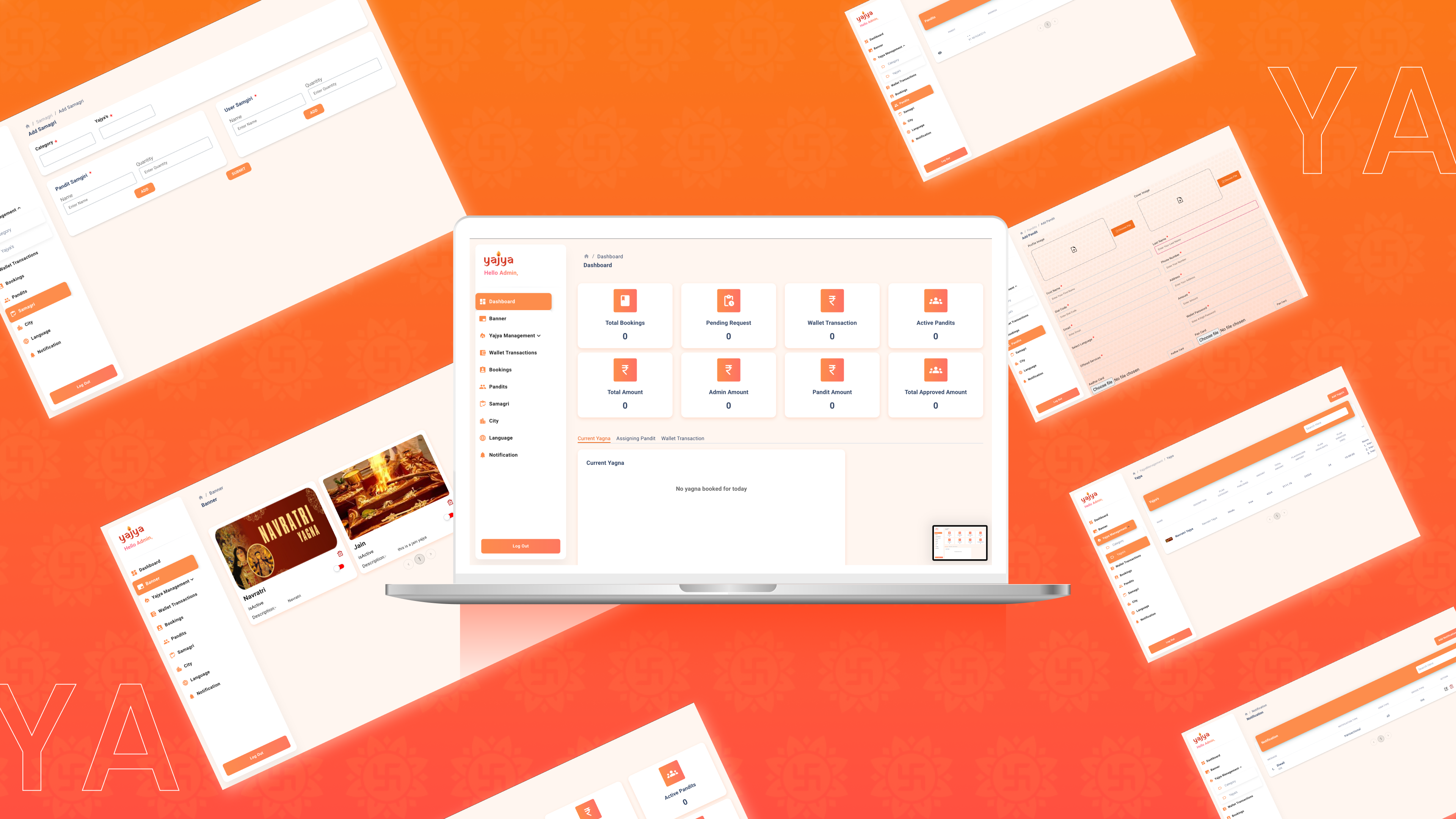
We ensure a seamless Jira deployment, configuring it to align with your business processes for optimal workflow management.
Enhance efficiency with tailored automation rules, reducing manual work and ensuring smooth task transitions.
Leverage Jira’s Agile and Scrum tools for sprint planning, backlog management, and real-time progress tracking.
Integrate Jira with essential tools like Confluence, Bitbucket, Slack, and third-party applications to create a connected ecosystem.
Gain valuable insights with customizable dashboards and reports to track team performance and project progress.
Secure your projects with customizable permissions, ensuring data privacy and access control based on user roles.
Seamlessly integrate our top-tier developers into your workflow.
Boost your team’s capabilities without the overhead of full-time hires.
Access on-demand expertise whenever you need it.






















Apache Camel is an open-source integration framework that enables easy routing and transformation of data between different systems using a wide variety of protocols and data formats.
Apache Camel uses Enterprise Integration Patterns (EIPs) to define routing and mediation rules. It allows you to configure these patterns using a domain-specific language (DSL) in Java, XML, or Spring.
EIPs are design patterns used to solve common integration problems. Apache Camel provides implementations of these patterns to simplify the development of integration solutions.
A route defines the path that messages follow through various components and processors in Camel. It specifies how messages are received, processed, and sent.
A component is a part of Camel that connects to external systems or services, such as file systems, databases, or messaging queues. Components are used to produce and consume messages.
A processor is a component used to transform or manipulate messages within a route. It processes messages by applying custom logic or performing operations like data transformation.
Apache Camel uses data transformation capabilities to convert data from one format to another, using built-in or custom processors. This includes XML to JSON conversions, or any other format transformations.
The Camel Context is the core runtime environment in Apache Camel where routes, components, and endpoints are configured and managed. It represents the lifecycle of a Camel application.
Routes can be defined using Camel’s Java DSL, XML configuration, or Spring XML. Each method allows you to specify how messages should be routed through the integration framework.
Apache Camel supports various cloud services and platforms through its components, enabling integration with cloud-based applications and services.
All copy right reserved 2025 @CodnestX